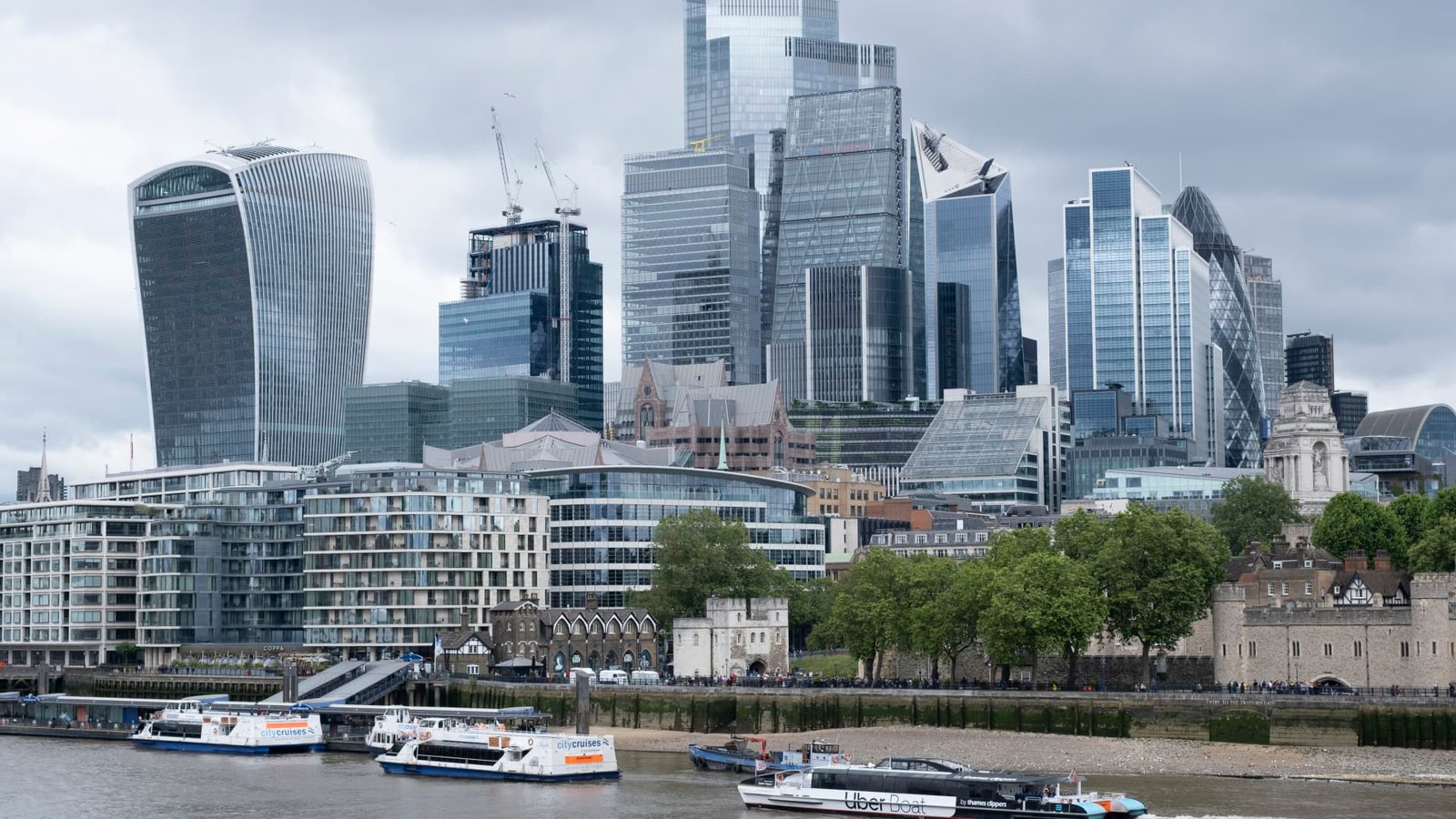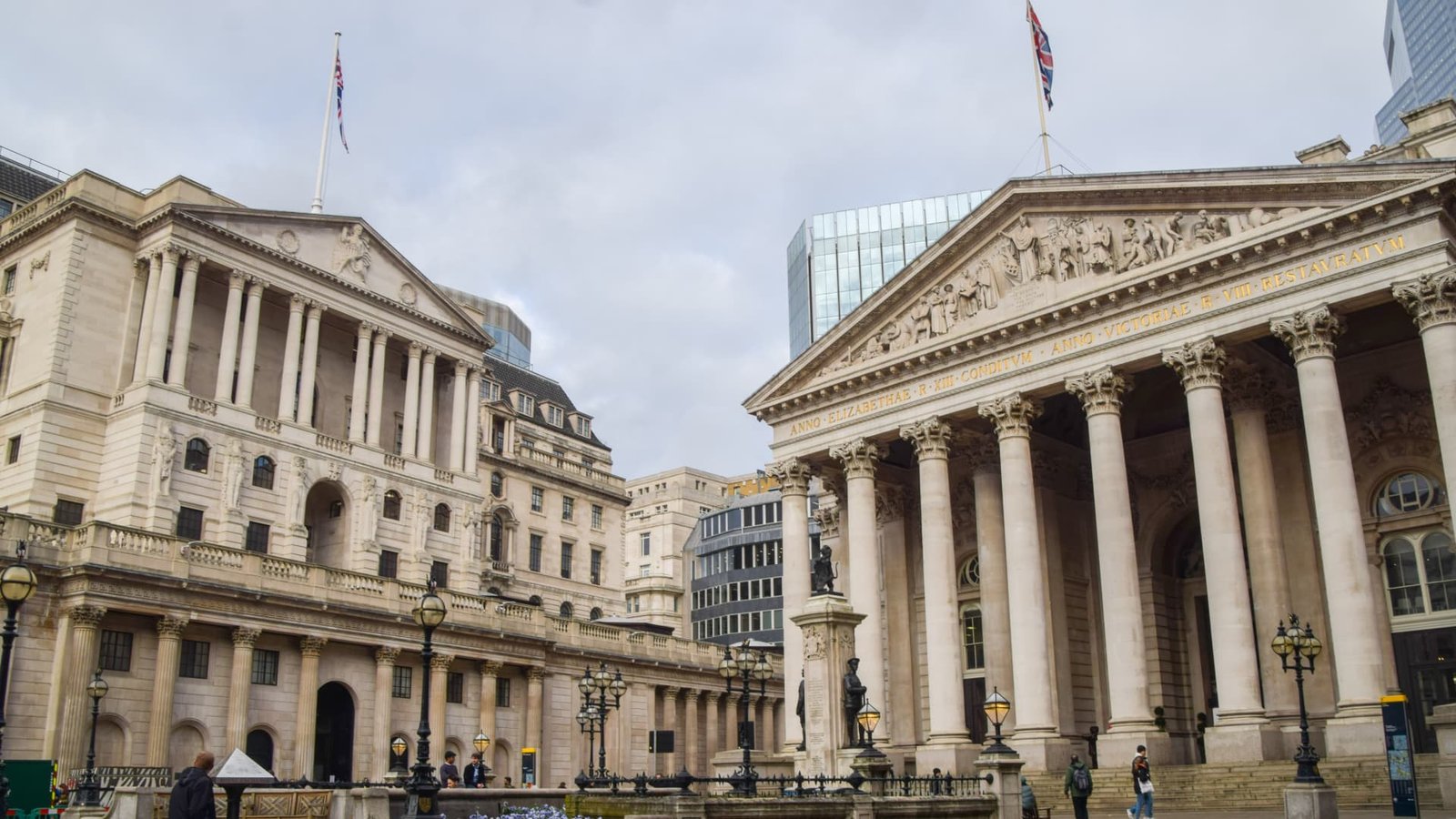The International Monetary Fund raised its 2024 growth outlook for the United Kingdom, citing expected boosts in domestic demand due to declines in interest rates and inflation. The IMF now projects a 1.1% growth rate for the U.K. economy this year, up from the previous forecast of 0.7% in July. The agency also maintained its forecast of a 1.5% expansion in 2025.
Inflation in the U.K. decreased to 1.7% in September from 11.1% in October 2022. Economists anticipate a faster pace of interest rate cuts by the Bank of England, with expectations that the central bank will reduce its key rate from 5.25% at the beginning of the year to 4.5% by the end of 2024. Economic growth has been modest, with a 0.2% increase in August following stagnant growth in June and July.
The IMF’s improved outlook coincides with the upcoming budget announcement by the center-left Labour Party, the first in 14 years. Prime Minister Keir Starmer has indicated that the budget will involve tough decisions to address a purported £22 billion financing gap, a figure disputed by the Conservative Party. While major tax increases have been ruled out, a broader range of tax hikes is expected. Despite budget uncertainties affecting consumer confidence, recent data suggests households are more optimistic about their finances and more willing to make significant purchases.
Finance Minister Rachel Reeves welcomed the IMF’s upgraded growth forecast for the U.K. but emphasized the need for further efforts. Labour aims to achieve the highest sustained growth among G7 nations and prioritize higher growth in its policy agenda. The IMF also revised down its 2024 growth forecast for the euro zone to 0.8% from 0.9%, with expectations of stagnation in Germany, the bloc’s largest economy. Challenges facing the German economy include fierce competition in the auto and manufacturing sectors, elevated energy prices, and macroeconomic uncertainties impacting industrial production.
In other advanced economies, the IMF projects economic growth of 2.8% in the U.S., 1.3% in Canada, and 0.3% in Japan, which has struggled with weak demand and high inflation this year.




